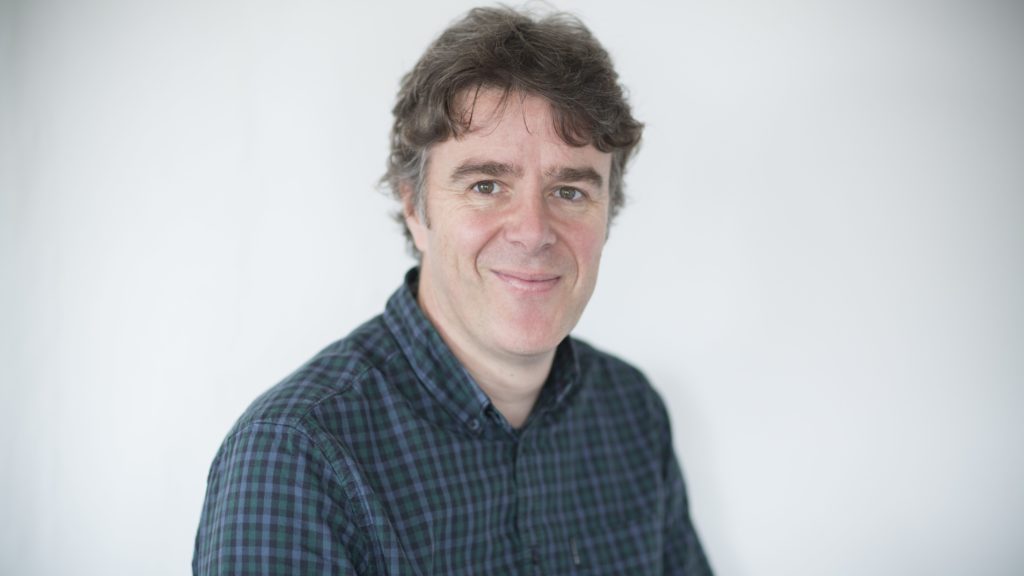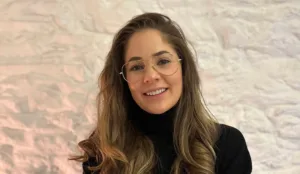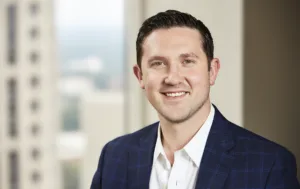We think it’s time to recognise and celebrate the true talent in our industry, the creatives, technologists, founders and leaders that are really driving our industry and shaping society, who just happen to be over 50. 50over50 is a series of interviews, shortly to become a podcast, with our most influential and inspiring industry leaders aged 50 and over.
Chris Thurling is Executive Chairman, Armadillo, and Chairman, Bristol Media
What is the biggest mistake companies — brands or the industry — are making in their attitude to age today?
Looking at this question through the lens of agencies, we waste a considerable amount of older talent, primarily due to a lack of flexibility.
Full-on agency life, with its culture of presenteeism and late hours becomes a growing challenge as people start to accumulate more and more commitments outside of work; for example, but not limited to, starting a family, when work-life balance becomes a higher priority.
Things are moving slowly in the right direction, but in my view, there remains resistance to flexibility in agency land. As a result, we continue to lose talented and experienced people to professions that are more progressive when it comes to things like part-time working, flexitime, remote working and job shares.
In a talent-based business, where there is intense competition for the best and brightest staff, agencies need to up their game when it comes to offering working patterns suited to the 21st-century knowledge economy.
What one thing are you proudest of in your career?
It has taken many years of trial and error but, I feel like I have developed a pretty decent eye for spotting good people. Recruiting is the hardest and most important part of my job, so I am proud of the times when I have got it right. Hire the wrong person and the costs in terms of time, money and collateral damage for overall team morale can be enormous. Hire a superstar, and they can take your business to the next level.
I get particular satisfaction from the career progression of those people I hired mostly on a hunch. More often than not, they were young with almost no track record, so there wasn’t much to go on other than gut instinct.
What creative heights are you now capable of that you wouldn’t have been able to achieve at the early or mid-point of your career?
My career has been about facilitating the creativity of other people — creating businesses and knowing how to get the best out of people is my creative expression.
I knew next to nothing about how to lead, manage and motivate people when I started my career. These are significant challenges in every business but, are crucial to the success of a team.
A few years ago, I went back to college to take a qualification in coaching and mentoring. I am still on the nursery slopes when it comes to putting what I learned into practice, but I already have enough evidence to know that a coaching approach unlocks potential and yields improved performance. I wish it were something I had studied years ago.
What gives you the most satisfaction in your role today?
My test for how well I am doing has always been: if I were an employee of this business, would I love working here?
So when I get direct or indirect feedback that, despite the stresses and strains of agency life, staff are happy and motivated, then I go home with a smile on my face.
What is the biggest lesson you have learned in your career?
The importance of tackling a problem immediately and decisively, and not hoping it will go away just because it’s difficult.
Related to this would be about avoiding a “mushroom culture” (i.e. keeping your employees in the dark and feeding them sh*t). There will be times when confidentiality is necessary but, whenever possible, be transparent and keep people abreast of what is going on.
What advice would you give your 25-year old self?
A lot, so I’m going to trim it down to three pieces!
Listen to your gut, particularly with regards to hires and potential new clients. The Pareto principle applies in both instances — 20% of your staff or clients will cause 80% of your grief. Don’t ignore that bad feeling you have.
Find Finance and HR people off the bat. At 25, I was about a year off starting my own business, and with hindsight, Finance and HR are two areas where you need professionals who know what they’re doing.
Know when to quit. Don’t fall for the sunk cost fallacy — just because you’ve put in time, effort and money, don’t plough on with something if it’s run its course.
Oh, and one more for luck. Saying ‘No’ is a good thing.
What is your biggest regret about the industry today?
When you go into an agency, you can’t smell magic markers any more.
Growing up in the 1970s, I’d often go into my Dad’s ad agency, with the sights and smells that come along with it. Computers have made the creative process a little sterile and contributed to the commodification of creativity. Ideas are now sold by the hour, like legal services (only without the high price tag).
Creativity has the power to transform a client’s business; charging by the hour rarely reflects this value.









